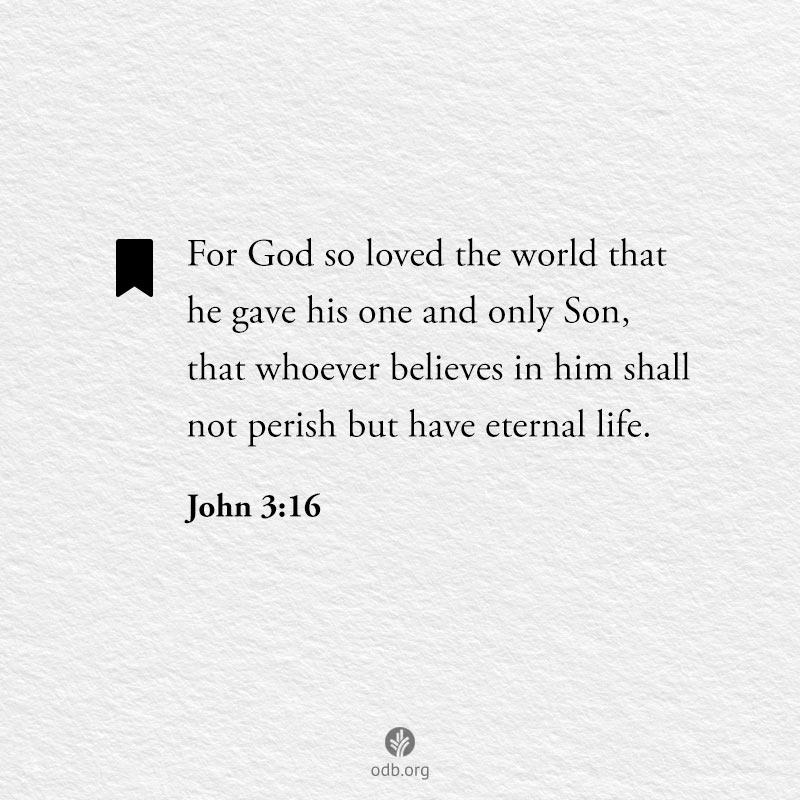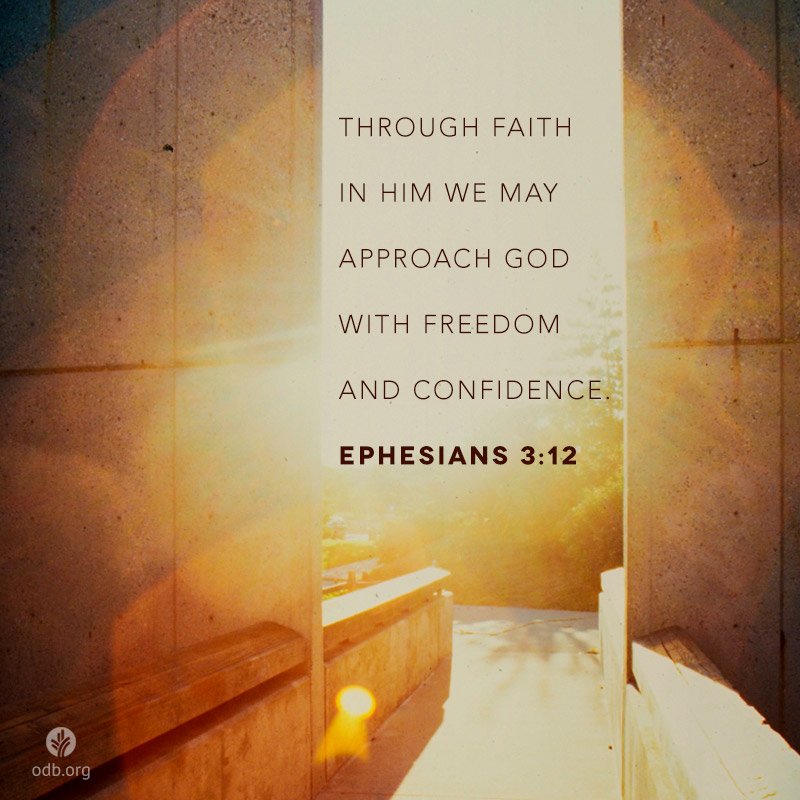
A Chuckle in the Darkness
In a Washington Post article titled "Tech Titans’ Latest Project: Defy Death," Ariana Cha wrote about the efforts of Peter Thiele and other tech moguls to extend human life indefinitely. They're prepared to spend billions on the project.
They are a little late. Death has already been defeated! Jesus said, “I am the resurrection and the life. The one who believes in me will live, even though they die; and whoever lives by believing in me will never die" (John 11:25-26). Jesus assures us that those who put their trust in Him will never, ever, under any circumstances whatever die.
To be clear, our bodies will die; they’re already perishing—and there is nothing anyone can do to change that. But the thinking, reasoning, remembering, loving, adventuring part of us that we call “me, myself, and I” will never, ever die.
And here's the best part: It's a gift! All you have to do is receive the salvation Jesus offers. C. S. Lewis, musing on this notion, describes it as something like “a chuckle in the darkness”—the sense that something that simple is the answer.
Some say, “It’s too simple.” Well, I say, if God loved you even before you were born and wants you to live with Him forever, why would He make it hard?

Ring of Invisibility
The Greek philosopher Plato (c. 427–c. 348
In John’s gospel we find Jesus taking this idea in a different direction. There, Jesus, known as the Good Shepherd, speaks of hearts that stay in the cover of darkness to hide what they are doing (John 3:19-20). He isn’t calling attention to our desire for cover-up to condemn us, but to offer us salvation through Him (v. 17). As the Shepherd of our hearts, He brings the worst of our human nature to light to show us how much God loves us (v. 16).
God in His mercy calls us out of our darkness and invites us to follow Him in the light.

Complete Access
A few years ago, a friend invited me to join him as a spectator at a pro golf tournament. Being a first-timer, I had no idea what to expect. When we arrived, I was surprised to receive gifts, information, and maps of the golf course. But what topped it all was that we gained access to a VIP tent behind the 18th green, where we had free food and a place to sit. I couldn’t have gained entry to the hospitality tent on my own though. The key was my friend; it was only through him that I had complete access.
Left to ourselves, we would all be hopelessly separated from God. But Jesus, who took our penalty, offers us His life and access to God. The apostle Paul wrote, “[God’s] intent was that now, through the church, the manifold wisdom of God should be made known” (Eph. 3:10). This wisdom has brought Jew and Gentile together in Christ, who has made a way for us to come to God the Father. “Through faith in [Christ] we may approach God with freedom and confidence” (v. 12).
When we put our trust in Jesus, we receive the greatest access of all—access to the God who loves us and desires relationship with us.

Wholehearted!
Caleb was a “wholehearted” person. He and Joshua were part of a twelve-man reconnaissance team that explored the Promised Land and gave a report to Moses and the people. Caleb said, “We should go up and take possession of the land, for we can certainly do it” (Num. 13:30). But ten members of the team said they couldn’t possibly succeed. In spite of God’s promises, they saw only obstacles (Num. 13:31–33).
Ten men caused the people to lose heart and grumble against God, which led to forty years of wandering in the desert. But Caleb never quit. The Lord said, “Because my servant Caleb has a different spirit and follows me wholeheartedly, I will bring him into the land he went to, and his descendants will inherit it” (14:24). Forty-five years later God honored His promise when Caleb, at the age of 85, received the city of Hebron “because he followed the Lord, the God of Israel, wholeheartedly” (Josh. 14:14).
Centuries later an expert in the law asked Jesus, “Which is the greatest commandment in the Law?” Jesus replied, “ ‘Love the
Today Caleb is still inspiring us with his confidence in a God who deserves our wholehearted love, reliance, and commitment.

